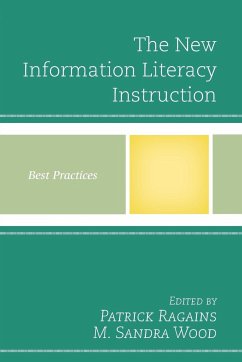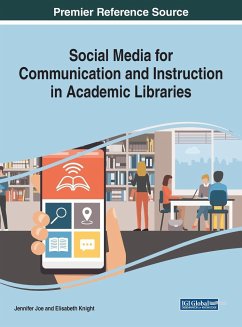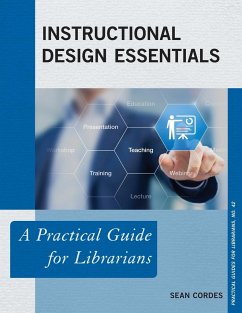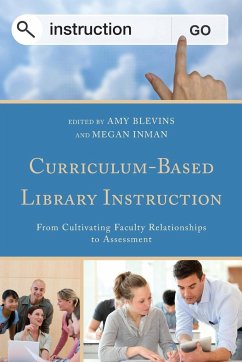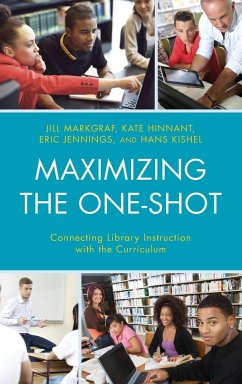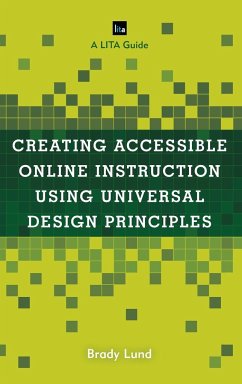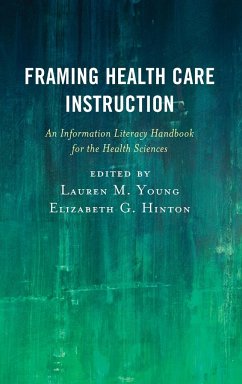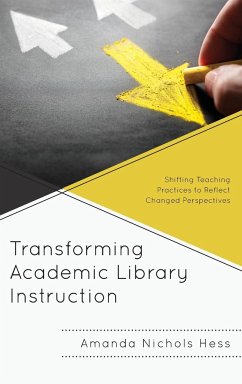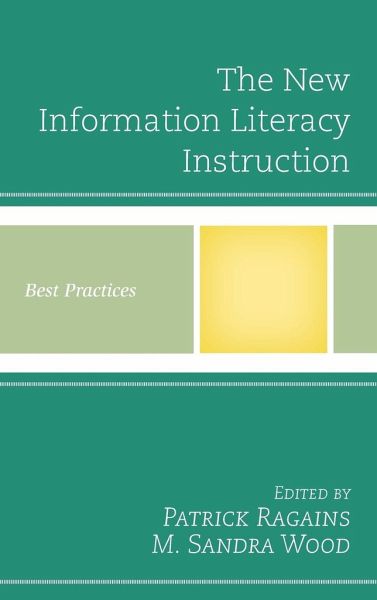
New Information Literacy Instruction
Best Practices
Versandkostenfrei!
Versandfertig in 1-2 Wochen
120,99 €
inkl. MwSt.
Weitere Ausgaben:

PAYBACK Punkte
60 °P sammeln!
The new ACRL information literacy concepts brings renewed interest in information literacy instruction and skills for librarians. The New Information Literacy Instruction: Best Practices offers guidance in planning for and implementing information literacy instruction programs in a wide range of instructional situations. As librarians take a new look at information literacy instruction, this essential book will help guide you in creating and maintaining a quality instruction program.





